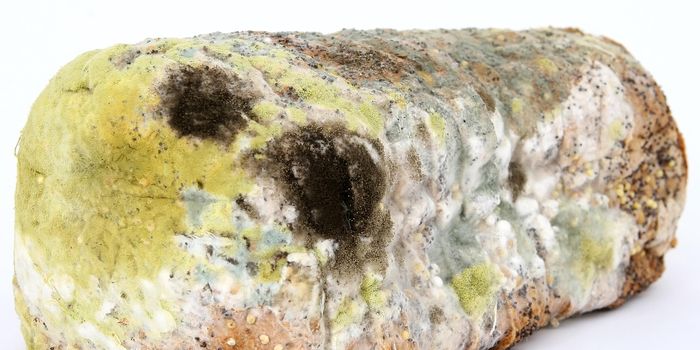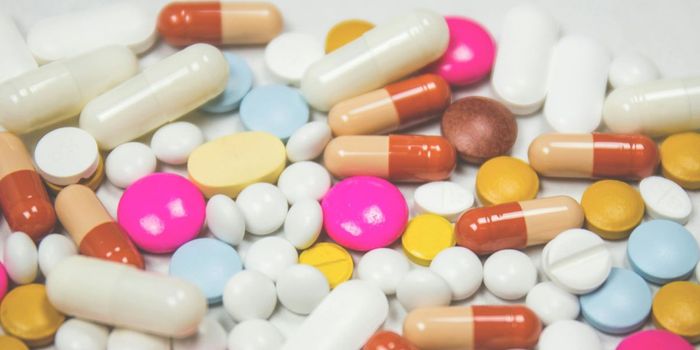Sildenafil is a drug infamous for treating erectile dysfunction, but a new study shows that the
same blood vessel dilation capabilities of this male impotence drug, commonly known as Viagra, could also protect swimmers and divers from a dangerous condition that arises from increased pulmonary artery pressure.
Swimming-Induced Pulmonary Edema (SIPE) can result in low blood oxygen, characterized by coughing up blood after swimming or diving, especially in cold water. Certain people are especially susceptible to this condition, and although it usually diminishes after 24 hours, in some cases SIPE can require medical attention or cause death.
In a study of 10 athletes who had previously experienced SIPE and 20 others who had not, researchers from Duke Health noticed a difference in pulmonary artery pressure between the two groups. After exercising underwater to mimic the conditions that induce SIPE, the 10 athletes with a history of the condition had a higher pulmonary artery pressure than the others.
The increased pressure stems from blood rushing from the extremities to the vital organs in the chest. This increase of pressure in the blood vessels in the lungs then causes a leakage of fluid into the lungs, a reaction that is responsible for SIPE patients coughing up blood.
When the SIPE-prone athletes were given sildenafil, they experienced a largely reduced pressure during the same underwater exercise.
"It appears that the drug, which dilates the blood vessels, could be creating more capacity in the blood vessels in the arms and legs, reducing the tendency for blood to redistribute to the thorax, and therefore reducing the high pressure in the pulmonary vessels,” said Richard Moon, MD, from the Duke Center for Hyperbaric Medicine & Environmental Physiology.
Despite the promising connection between sildenafil and reducing severity of SIPE illustrated in this study, Moon admits that larger studies are needed to solidify the relationship. In addition, scientists are still unsure about any side effects of the drug when used in this context. Lastly, more research will be done to unveil what predisposes certain people to SIPE vulnerability and how to prevent the condition from occurring.
Source:
Duke University Medical Center









